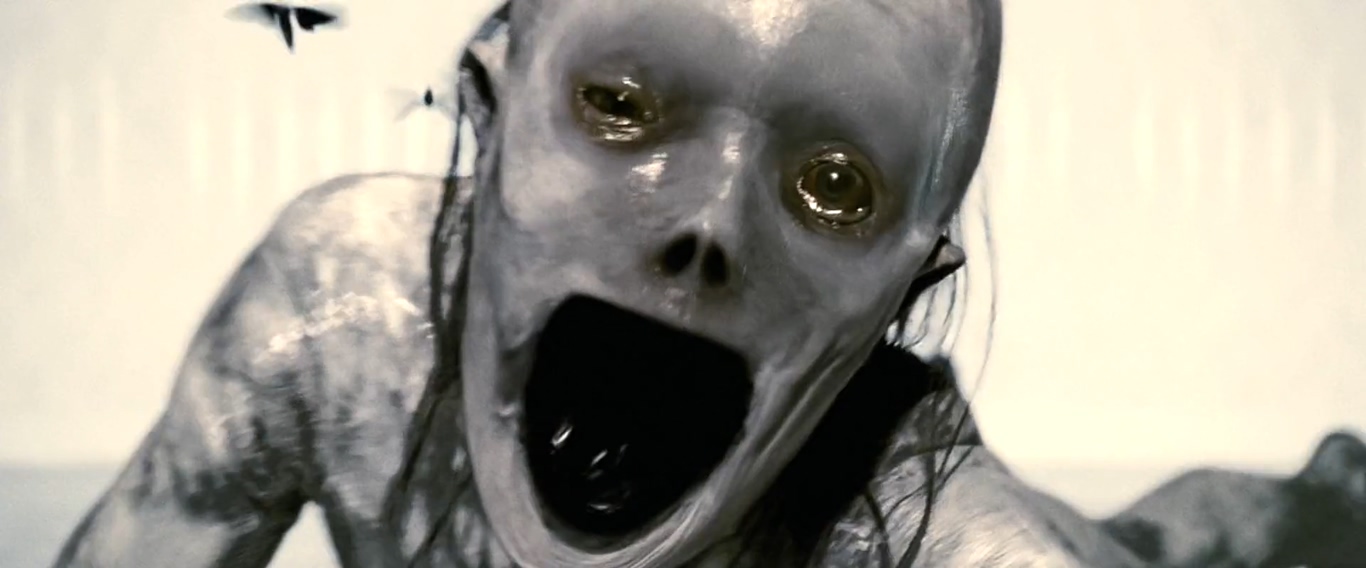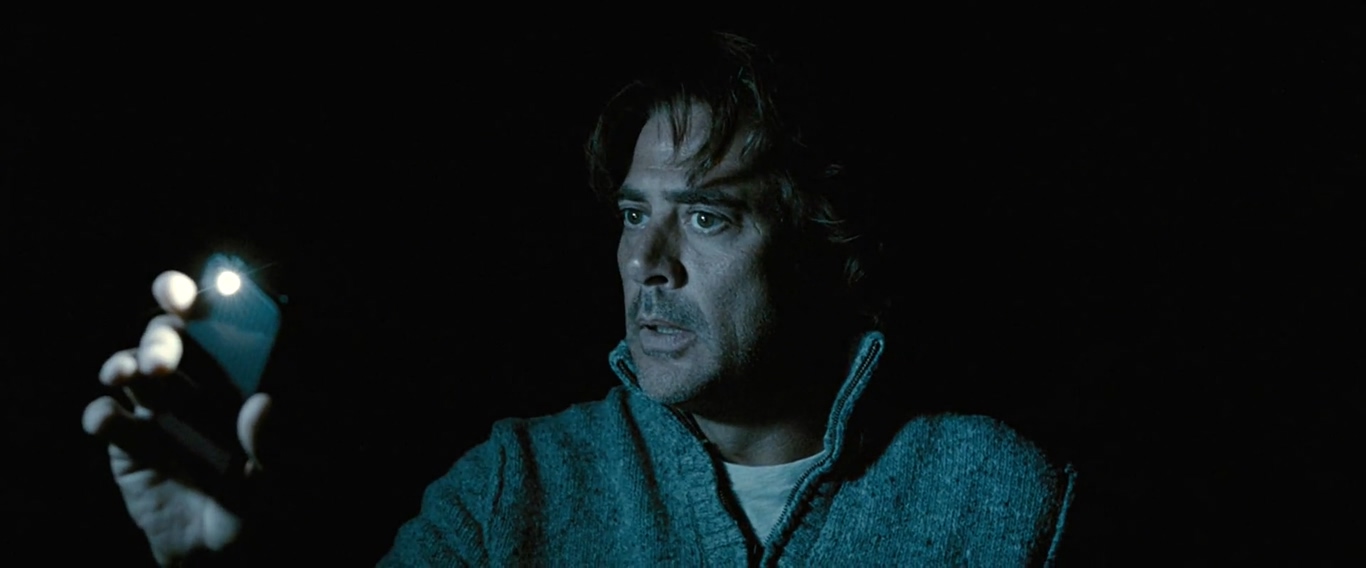Ole Bornedal’s ‘The Possession’ is an exorcism-centric horror drama with neat cinematography and a powerful cast. The story follows a young girl, Emily, who picks up a dibbuk box at a garage sale. As per Jewish mythology, dibbuks are restless, malevolent spirits that attempt to take over an innocent living soul. After gathering necessary information about the box, Emily’s father gets in touch with a young Rabbi who knows how to save his daughter from the devil. While the scare tactics that the film incorporates are stale and used to death, it still manages to offer a decent watch as it oscillates between genres of horror and familial drama. If you seek to know whether ‘The Possession’ is rooted in reality, you may rely on us.
Is The Possession Based on a True Story?
‘The Possession’ is partially based on a true story. While it revolves around the mystical object of the dibbuk box, which is thought to be one of the most haunted artifacts of the world, the screenplay appears to be the brainchild of writers Juliet Snowden and Stiles White. Having said that, the legend surrounding the box is quite substantial, and one could argue that the events faced by the on-screen family are very reminiscent of the eery happenings that plagued the previous real-life owners of the box.

The “truth” component is also one of the unique selling points of the film, an aspect used to boost its media campaigning. After all, the dibbuk box of the film is a wine cabinet that belonged to a Polish Holocaust survivor named Havaleh. In face of Nazi atrocities, Havaleh fled the country and reached Spain, where she bought the box before immigrating to the US.
The box stayed in her family for some decades, until being picked by Kevin Mannis, a writer and an antique restorer based out of Portland, Oregon. Kevin was the one who endowed the box with its occult name following a series of supernatural events that Kevin came to associate with the box. After buying the box in 2001 at an estate sale, Kevin found out that it had a deep-rooted history with the family. Although, when he tried to return the box to the family, he was dissuaded by Havaleh’s granddaughter.
The granddaughter also divulged that the box was never opened due to the belief that it contains a dybbuk, or a demonic spirit, in traditional Yiddish mythology. Mannis succeeded to open the box and found a miscellany of items – two coins from the post-WWI era, a wine goblet, a lock of blonde hair, a lock of brunette hair, a statue with the word “shalom” engraved on it, an eerie candle holder, and a piece of a rosebud.
A series of bizarre paranormal aberrations followed. Not long after Kevin took the wine cabinet to his store, the store was plundered by an anonymous outlaw in his absence. When he tried to direct his employee to call the police, his phone died. When he returned to his workshop, it had been turned into ruins. Weirdly enough, he could smell cat urine in the workshop, but no animals had ever been kept in the shop. All the lights in the basement were broken, which was also odd. His employee resigned following the event, but that was not the end of it.
Mannis would also experience nightmares following the acquisition of the dibbuk box. He would be beaten up by a “demonic hag” in his dreams, and then wake up with bruises on his body. Not taking the clues, he gave the box as a gift to his mother on the eve of her birthday, who had a stroke shortly after. Kevin sold the box on an eBay auction.
The following owner, Iosif Nietzke had similar experiences, with electronics in the house burning out and strong jasmine and cat urine aroma in the air. Jason Haxton, a museum director, rid Iosif of the box, only to develop strange health problems. However, he contacted some rabbis regarding the possessed object and managed to hide it in a secret location (which is not to be revealed for obvious reasons).
Read More: The Possession Filming Locations


You must be logged in to post a comment.